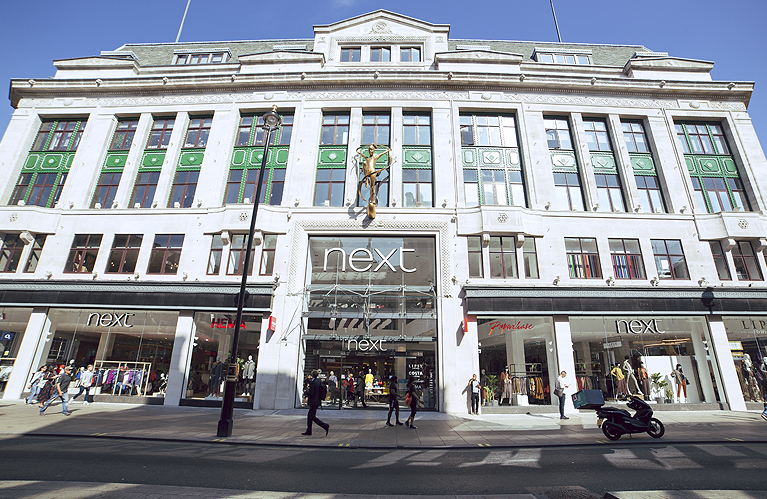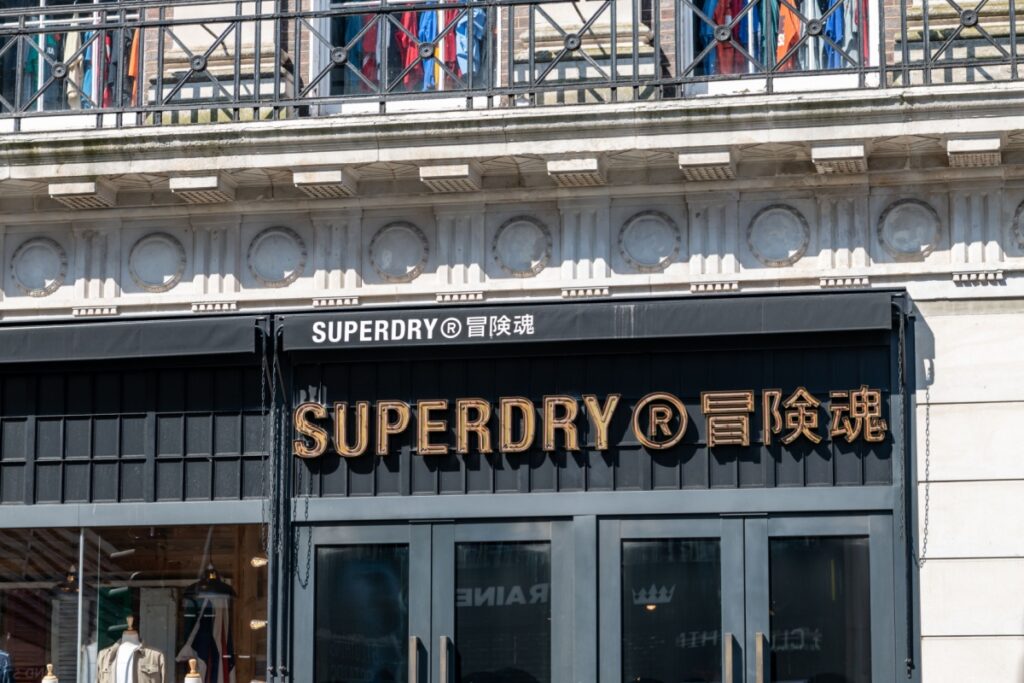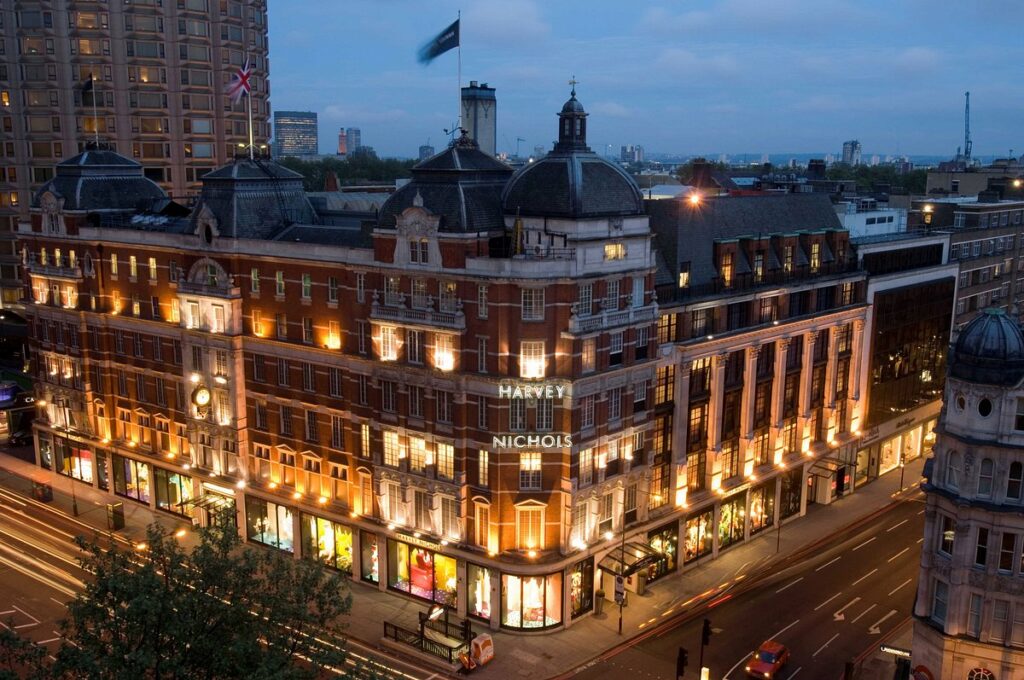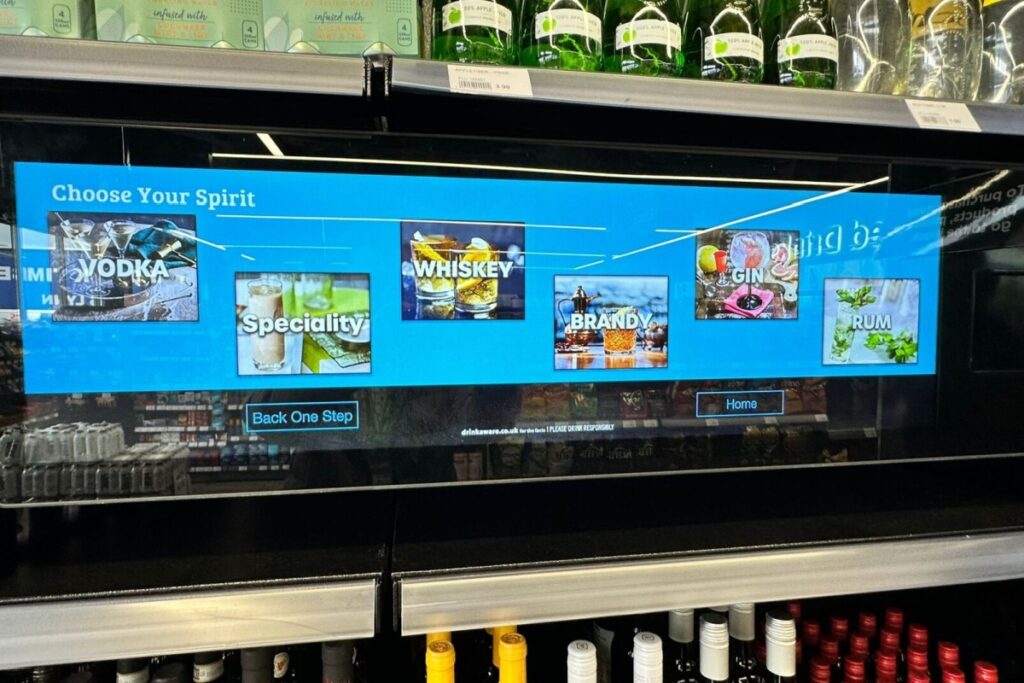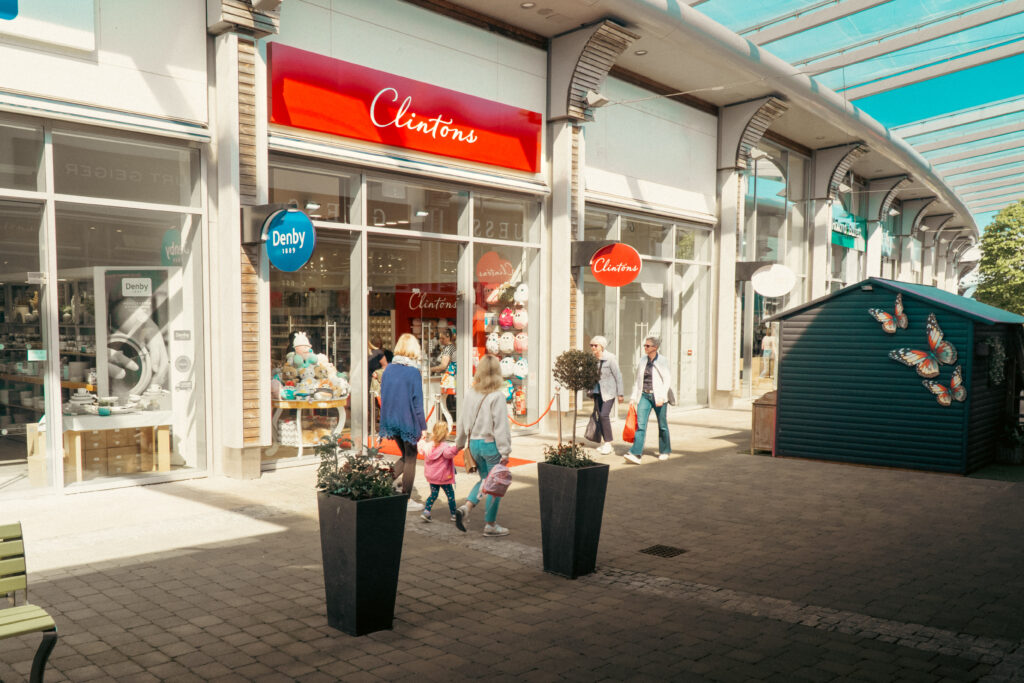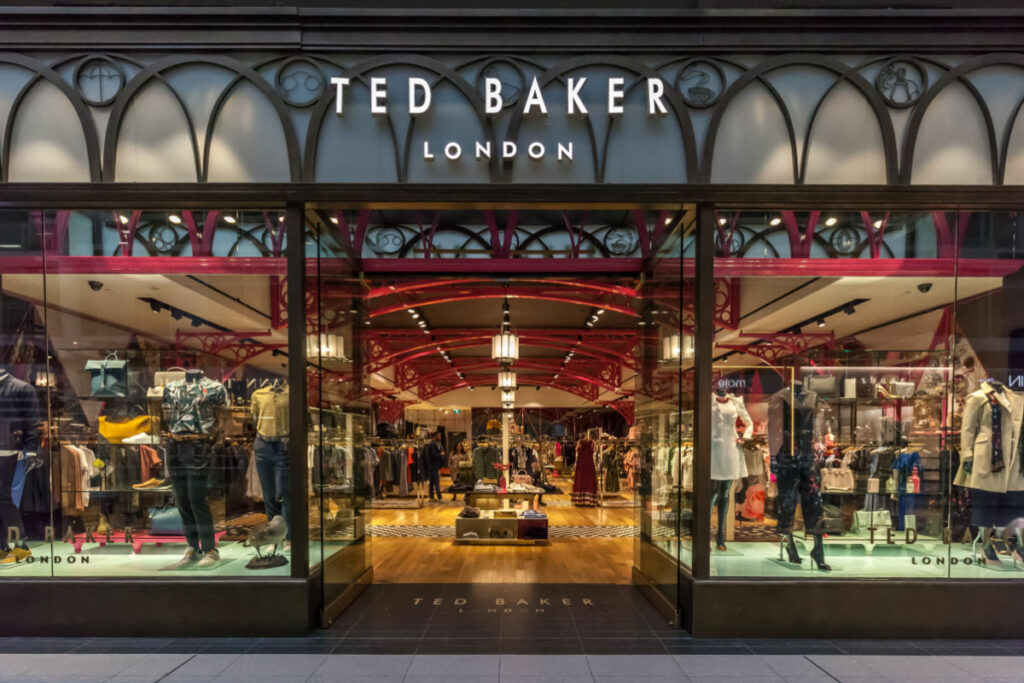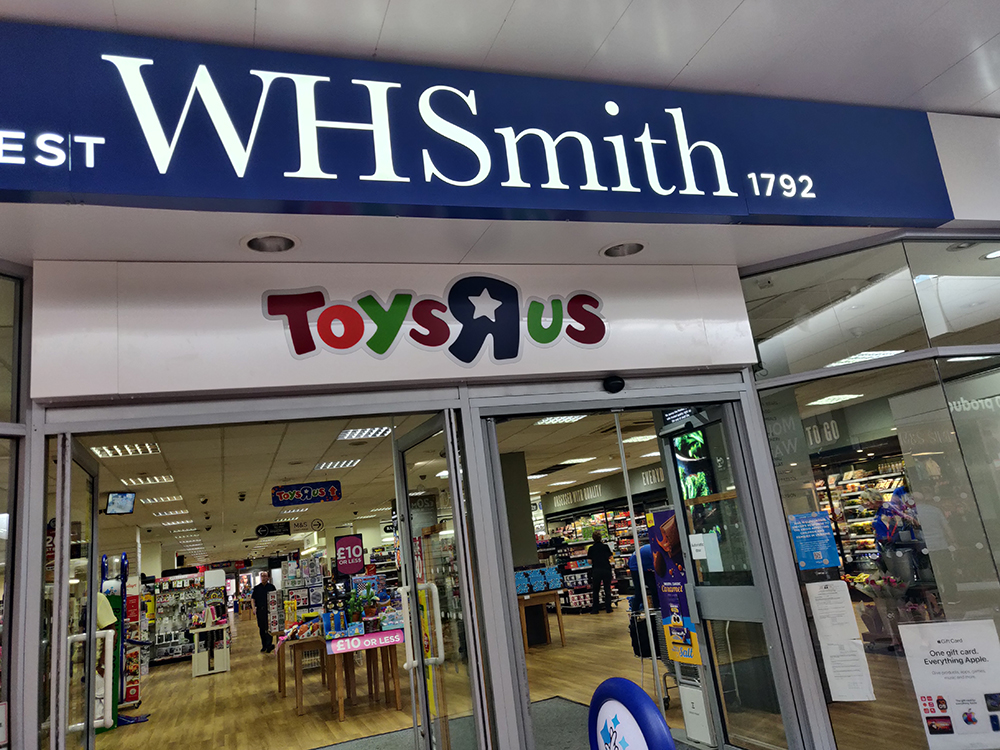Next may be smashing its short-term objectives as it raised its profit forecast this week for the third time this year, however boss Lord Wolfson has his sights firmly set on the long term.
As the firm continues to snap up ailing businesses from Joules to Made.com, a big concern for the retail boss is how it avoids becoming a “corporate blob”, as Wolfson terms it.
“The biggest risk is that, in making multiple investments, we build an unwieldy retail conglomerate that lacks the focus and agility we have worked so hard to maintain over the last 30 years.”
It may seem strange for a FTSE 100 company – one of the most successful listed retailers around – to have such fears but, as Wolfson points out, “more often than not, retail conglomerates fail”.
He highlights Storehouse, Sears, Mosaic and, more recently, Philip Green’s Arcadia as examples.
Although he notes that by snapping up smaller brands, conglomerates can benefit from shared infrastructure and economies of scale, Wolfson says all too often “smaller, more nimble companies snap at their heels”.
“These companies seem so much better able to make decisions, relate to their customers, adopt new technologies, and most importantly, develop new and exciting products.”
“Their employees are more motivated, happy to be in a small, less corporate, organisation where they can make a big difference. These ‘disruptors’, dismissed at first as minnows, become a shoal of Piranha and the carcass of the once mighty behemoth is slowly eaten away.”
Wolfson’s plan
Fear not. Wolfson has a plan to avoid the pitfalls of the corporate blob.
His answer comes down to three key ingredients:
- Keeping independence of design, quality and range within its acquisitions
- Having the right incentive structures for management
- Maximising the benefits of group infrastructure

“The aim is simple. Retain the best of small-company common sense, speed and decision making, whilst harnessing the best of big company infrastructure and resources,” he says.
It may sound simple but that is not how many businesses operate.
For example, Wolfson’s theory that individual brands must be the “master of their own destiny” involves them determining their own branding, product selection, and critically, their own sourcing. This is often not the case in other retail groups.
“A lot of what makes retail unique is its sources of supply,” he claims.
Wolfson believes the biggest risk is that the conglomerate’s various brands end up creating products similar to others in the stable.
“They regard other members of the group as their chief competitors and spend a disproportionate amount of their time copying each other’s best sellers.
“We are particularly at risk because all our brands sell so much on the same platform, so unlike a traditional retail conglomerate most of our customers are coming into the same virtual shops.”
Next is therefore stopping its brands sharing all but the most general data, so they don’t get insight into each other’s top sellers, and is also limiting common suppliers. It is also keen to actually keep brands separate by retaining the offices of the businesses it acquires.
Next’s M&A criteria
Next’s has much experience of making acquisitions and now owns brands including Lipsy, Joules and Cath Kidston, as well as stakes in Gap, Victoria’s Secret and Reiss.
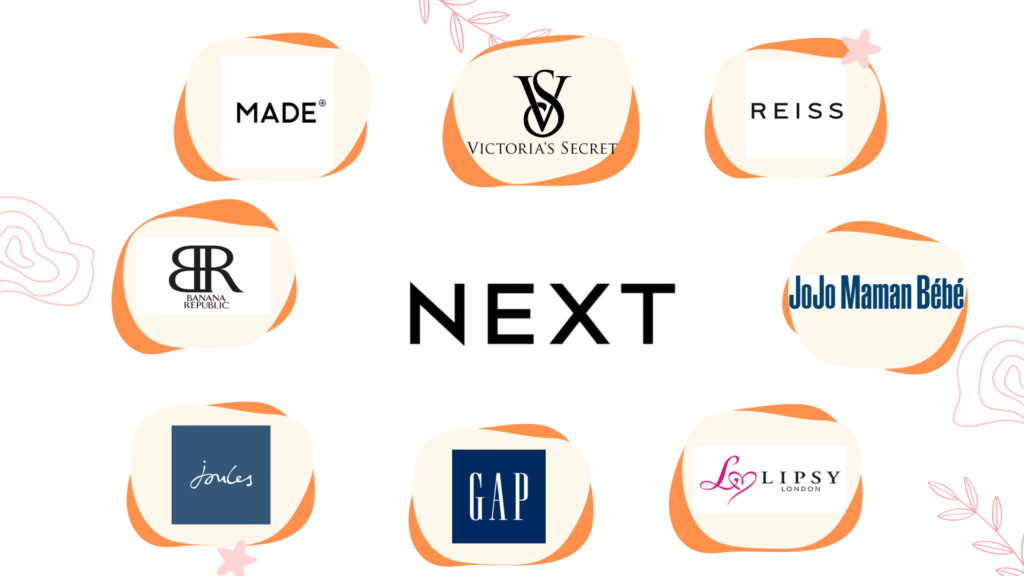
Wolfson has tight criteria on what makes a sound investment for the retailer. It looks for a great brand with strong management at the right price, where he believes Next can add value through its Total Platform infrastructure services, which includes ecommerce and fulfilment.
“We’re not looking to go into businesses and run them ourselves. That would lead to every business looking the same,” he says.
Inevitably there have been both successes and mistakes from the acquisitions it has made so far that Next can learn from.
In the successes column sits Reiss. Wolfson says it has achieved a return on capital of around 20% and upped its stake to 72% earlier this month.
“It’s fulfilled all of the things that we set out in the criteria. Great brand, great management team, the ability to add enormous value and a good price in hindsight.”
However, Wolfson admits that Joules’ first year with the business has been “disappointing” and he believes it has overpaid for the business.
Subscribe to Retail Gazette for free
Sign up here to get the latest news straight into your inbox each morning
He says Joules’ sales had been inflated by discounts and promotions before it collapsed.
“The big lesson for us is when you buy a business in distress, whatever the topline is, take a hatchet to it. Get the cost base right before you go in, and don’t be optimistic,” he says.
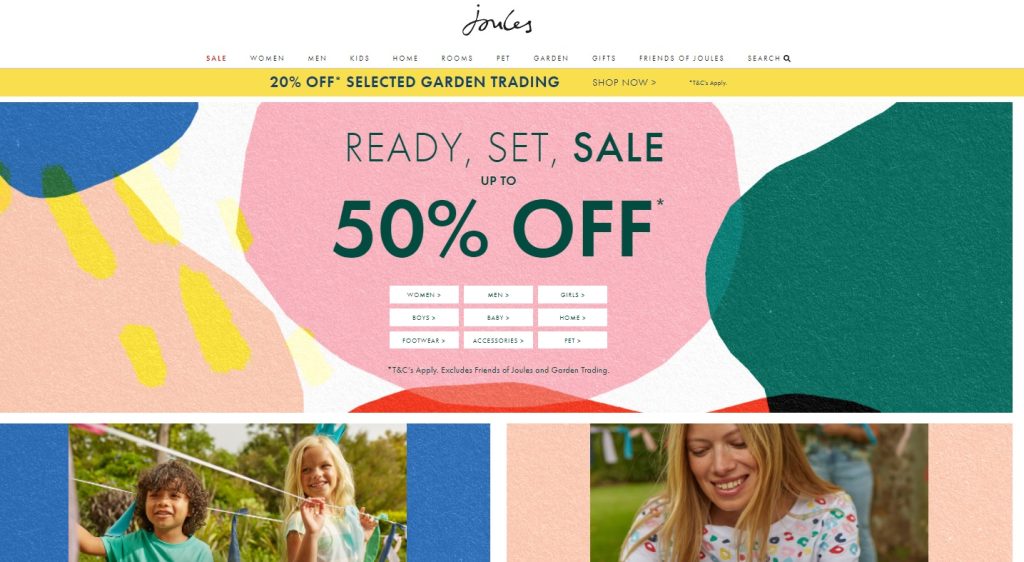
Despite the teething problems with Joules, Wolfson has faith in the brand’s long-term prospects and insists it is on the path to profitability.
“We think Joules is a fantastic brand. I think we’ll break even next year and make a profit the year after,” he says.
Ultimately, it does not derail Next’s M&A ambitions.
“Buying and selling businesses is like buying and selling shares. What matters is the performance of the portfolio and the portfolio has been doing really well overall,” says Wolfson.
“The successes far outweigh the failures. The important thing is not to hide from failures and mistakes and to be open and honest and understand exactly what the nature of the mistake was.”
What Next?
With the M&A criteria set out, is Next about to ramp up its acquisition activity and become the next big retail conglomerate?
Wolfson is staying clear of making grand statements or targets.
“The risk is that when someone sets out a grand vision of the company, you end up with a corporate blob effect where people in the business think it’s their job to fulfil the vision, which is why we haven’t given a target or a number of business that we want to acquire.
“If we said we wanted to acquire 10 businesses, we absolutely would. But they wouldn’t be at the right price necessarily, and they wouldn’t be the right businesses.”
And that is the key point for the Next boss – all acquisitions must hit its rigid criteria.
“We’re not really cash constrained as a business. The pace [of acquisition] will be dictated by the availability of businesses that hit the right criteria.”
In fact, despite 2023 being a relatively quiet year on the acquisition front after the flurry of brands such as Joules, Made.com and JoJo Maman Bebe that it snapped up last year, Next has been looking.
However, it has walked away from many deals which have failed to hit its criteria.
“For every acquisition that we buy, we will look at nine other opportunities,” explains Wolfson.
“Our aim is to make great investments. If those investments are available, we will end up as a big conglomerate, and if they’re not, we won’t.”
Watch this space to see how the Next business will grow.
Click here to sign up to Retail Gazette‘s free daily email newsletter

